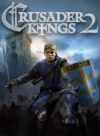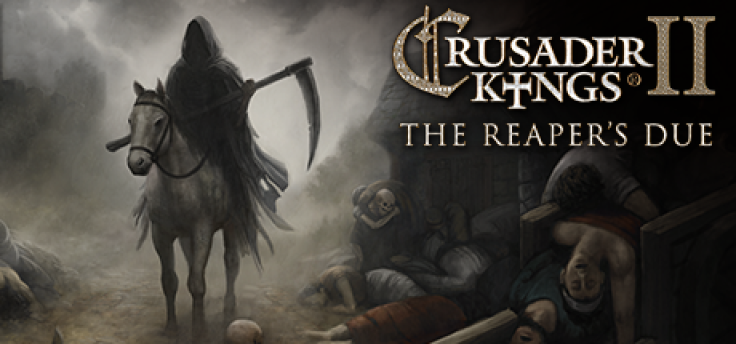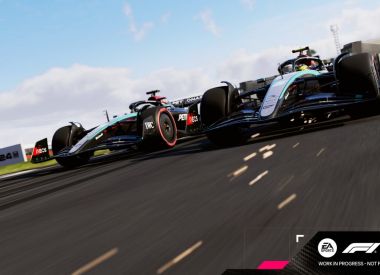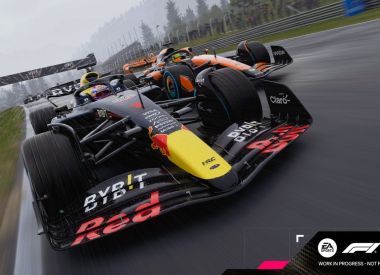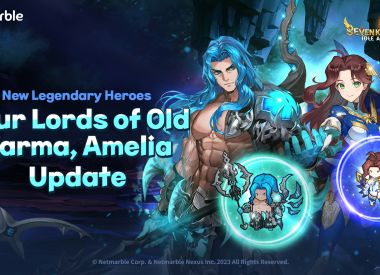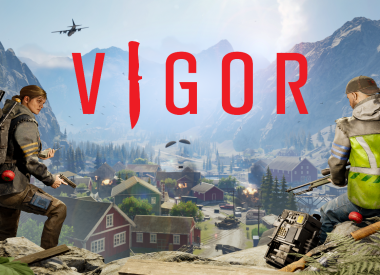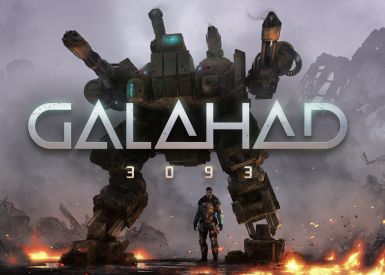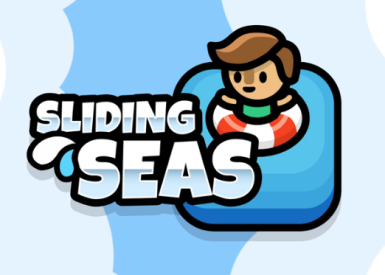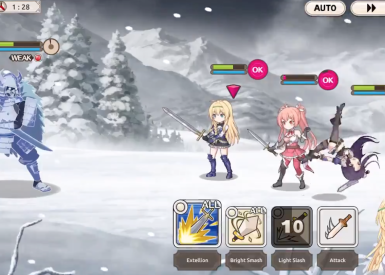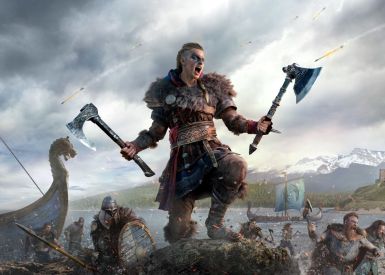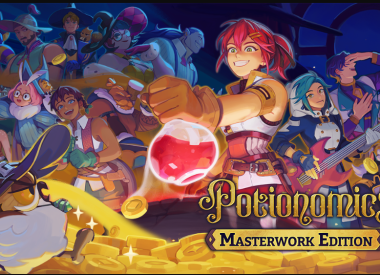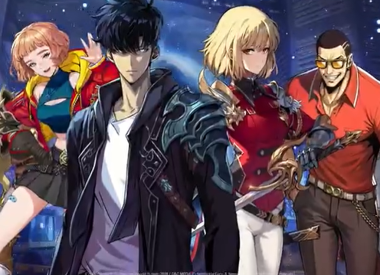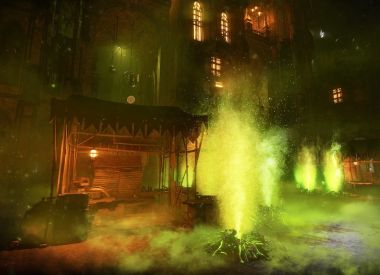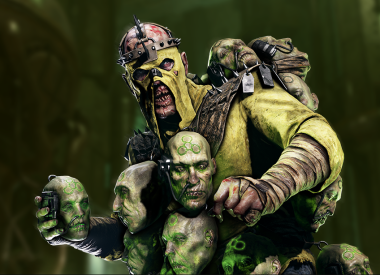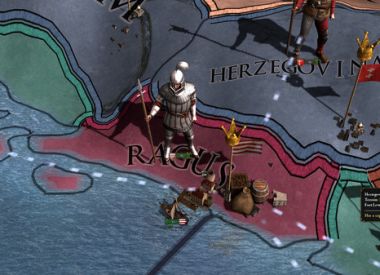Crusader Kings 2 is now officially five years old, and Paradox has been celebrating all week—after all, the game became a huge success and played a key role in transforming the company from a niche publisher of strategy games to a… super-successful publisher of much more popular niche strategy games (including titles like Cities: Skylines). Don’t forget to snag your free DLC ! For the nerds, though, lead developer Henrik Fåhraeus, aka Doomdark, wrote a special dev diary looking back at the game’s development—and also gave some hints as to what the future might hold.
Crusader Kings 2: What Could Have Been And What’s Yet To Be
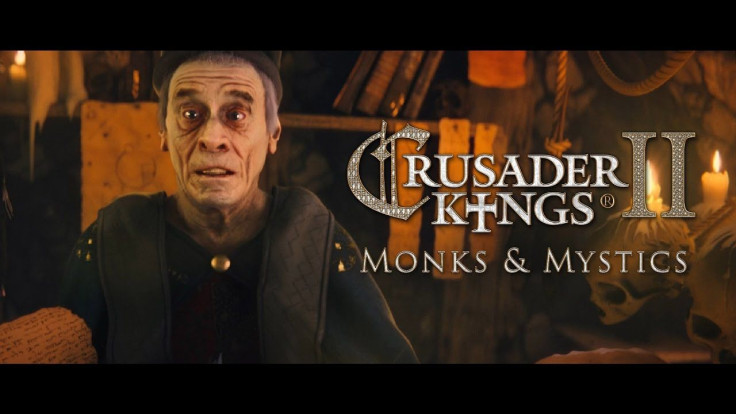
Most Crusader Kings 2 dev diaries either explain the present (a new feature that’s just been rolled out) or look to the future (showing off features in new DLC that’s coming down the road). The special fifth anniversary dev diary is well worth reading for fans of the game simply because it’s so different: It’s a rare look back at what went well, what didn’t work out as expected, and—perhaps most interestingly—at roads not taken.
Doomdark’s most salient point comes early on: That, while Crusader Kings 2 became a breakout hit because of its emergent gameplay and storytelling, those features were in some ways a happy accident. The game was always intended to force characters to interact in unique, unexpected and violent ways, but the sheer scope of the emergent gameplay in Crusader Kings 2 arose naturally out of the game’s systems. Fåhraeus hoped such features would arise, and indeed they did. But those were the early days of emergent strategy gaming—CK2 certainly played a big role in driving the genre forward—and now Paradox plans on systems that lead to emergent gameplay right from the beginning of a project.
Fåhraeus admits that Crusader Kings 2 isn’t perfect and that, in some ways, it’s become a bit dated after all these years, lacking the bells and whistles or easier learning curve of a game like Stellaris. He discusses other features like Defensive Pacts and nomads that proved controversial, along with the bevy of big improvements to the game over the years.
But perhaps most interesting are his notes on paths not taken—since these could provide hints for the further development of the game, or even Crusader Kings 3. If you’ve played a lot of Crusader Kings 2, you’ll probably find yourself nodding along at these. He wishes the role of the pope, and the conflict between church and the feudal structure, had been fleshed out and more integral to the game. He yearns for a way to model a feudal lord who is both independent and has a liege, or who has multiple lieges—the most obvious example being the Norman Kings of England, who were simultaneously sovereigns in England and vassals of the French crown as Dukes of Normandy. Crusader Kings 2 can’t really model this. But it’s something we can hope for in Crusader Kings 3.
But that’s a very long way off, at the least. For the moment, let’s keep celebrating Crusader Kings 2 on its fifth anniversary. After all, Monks & Mystics is just around the corner!
